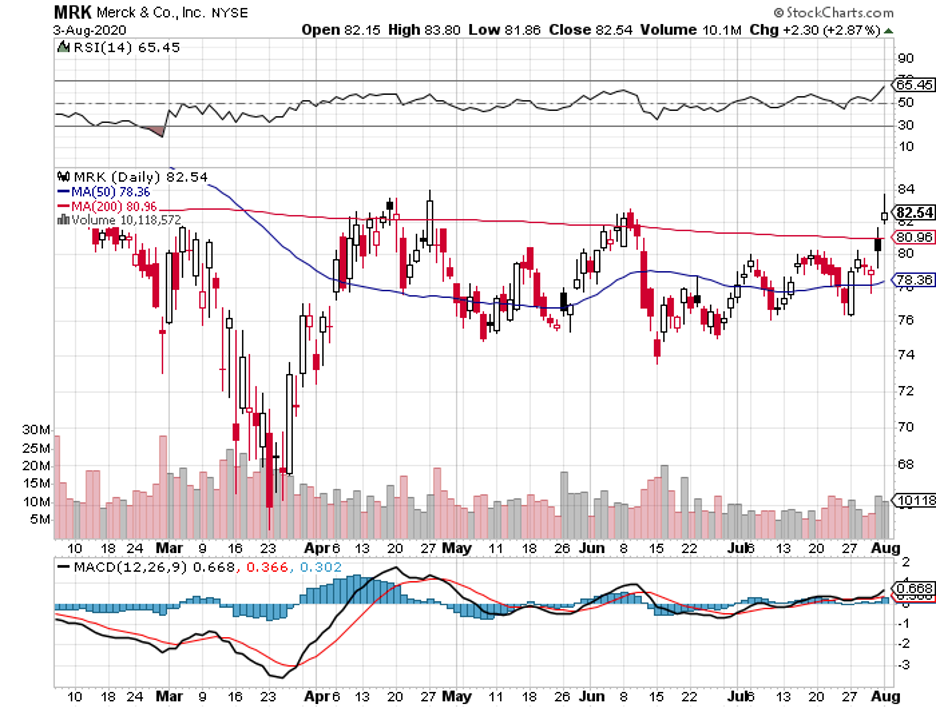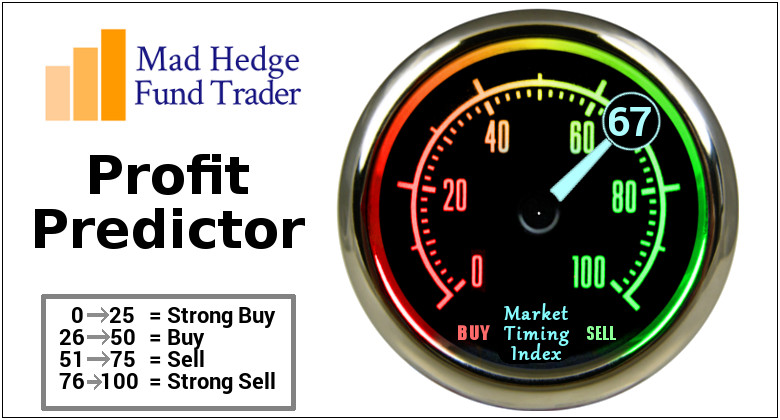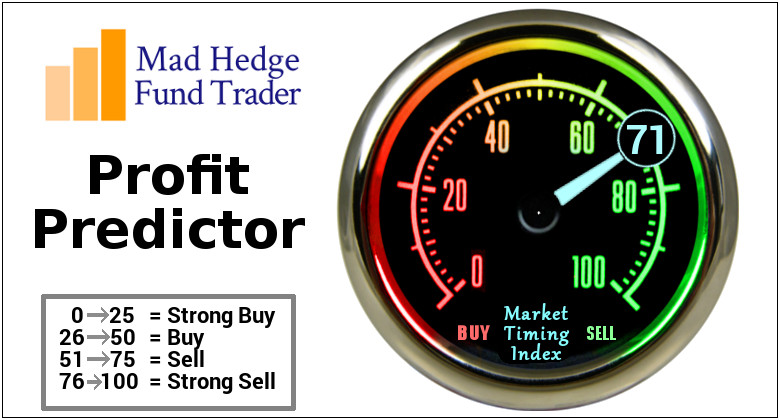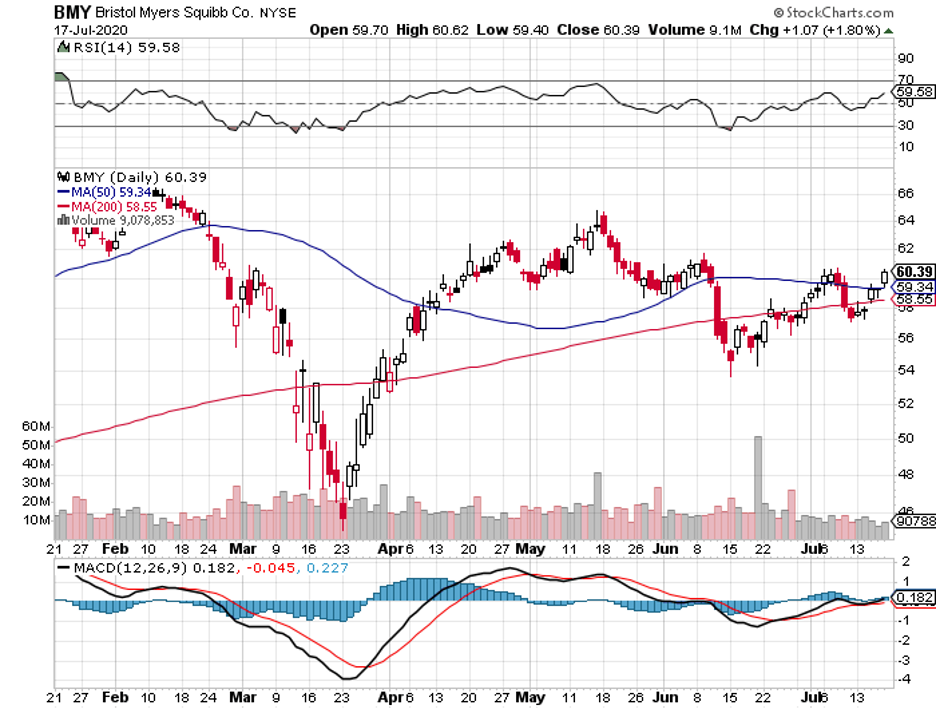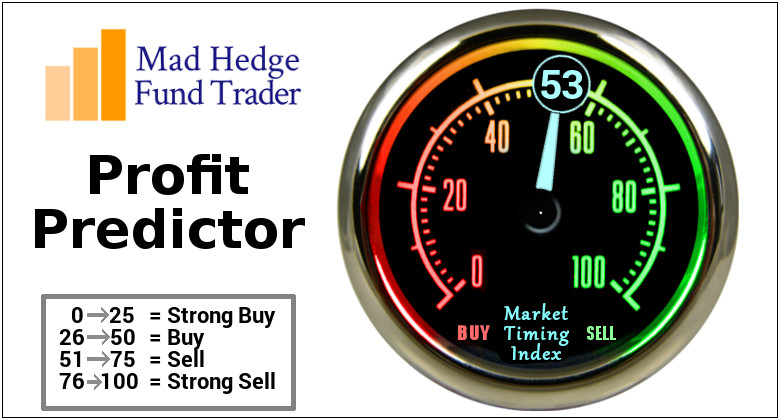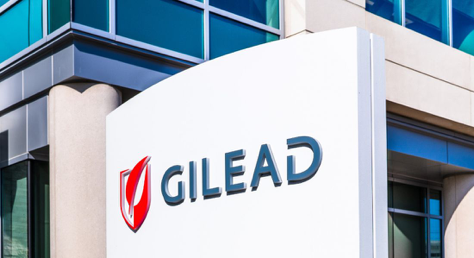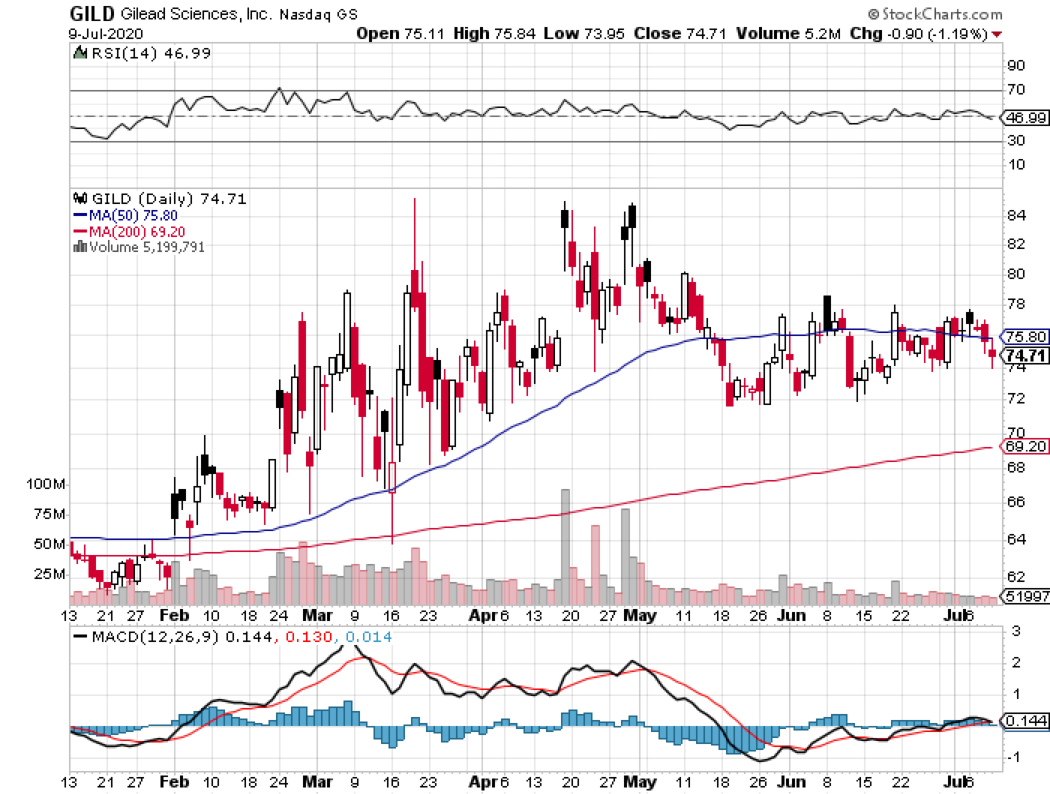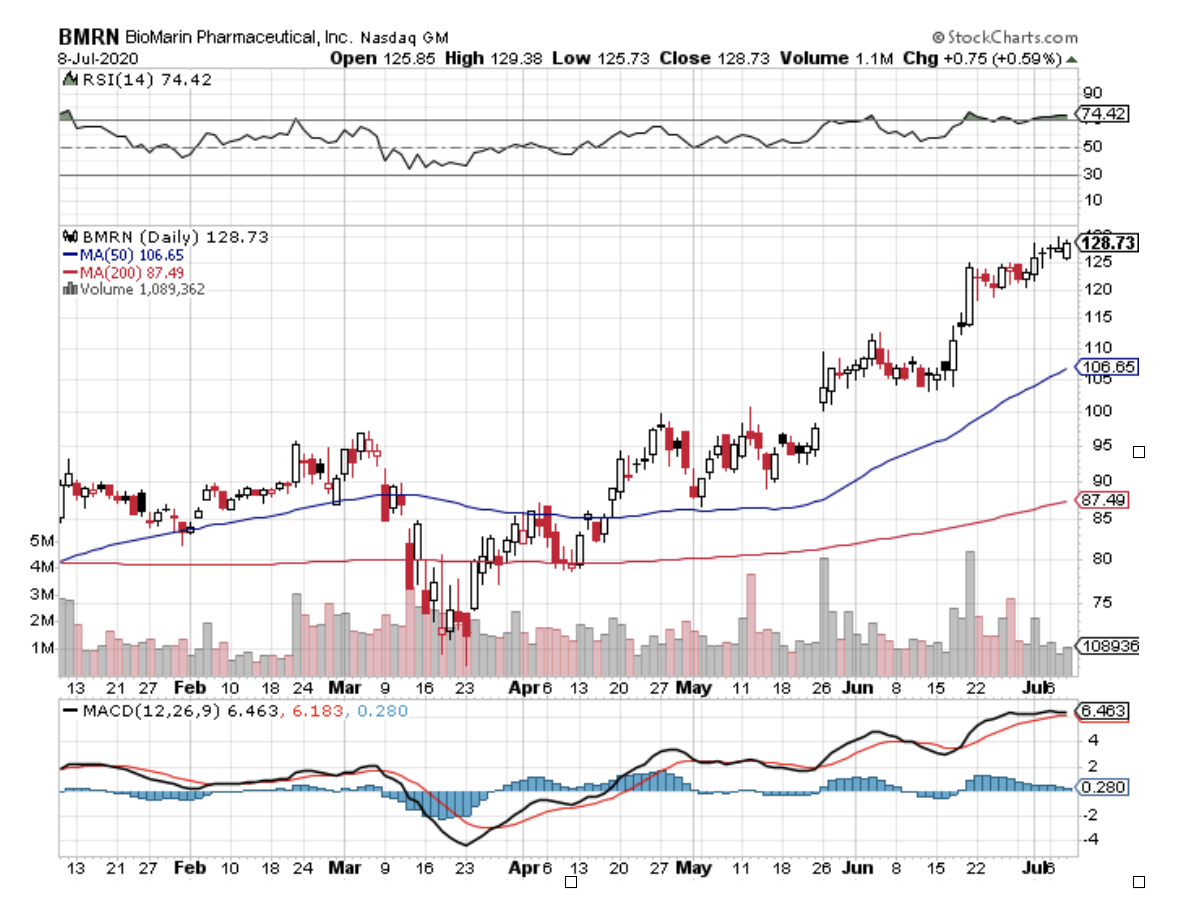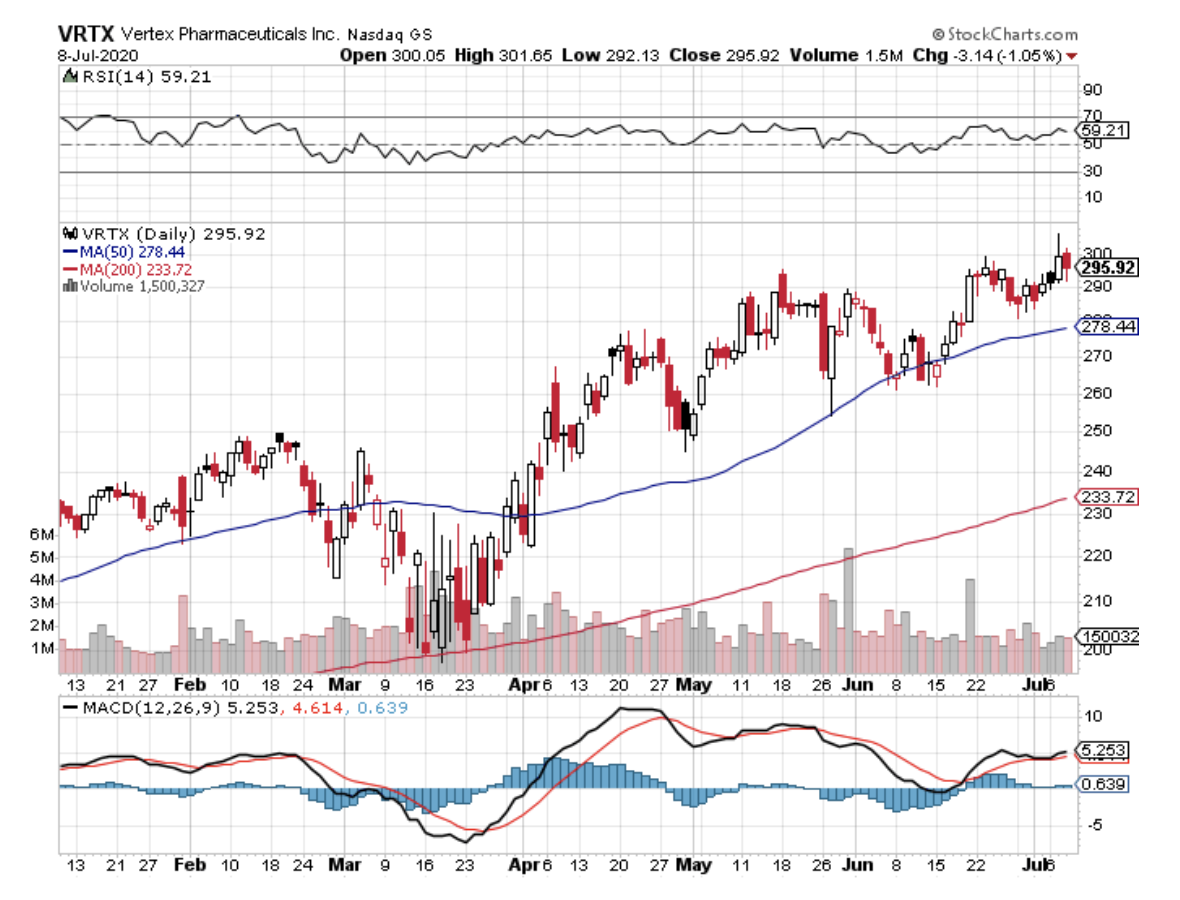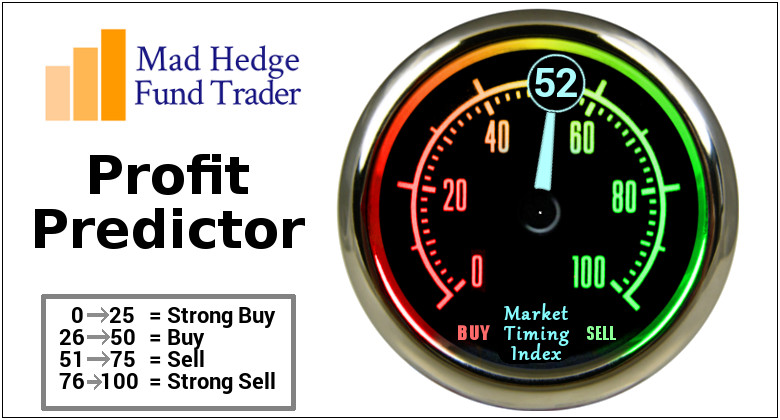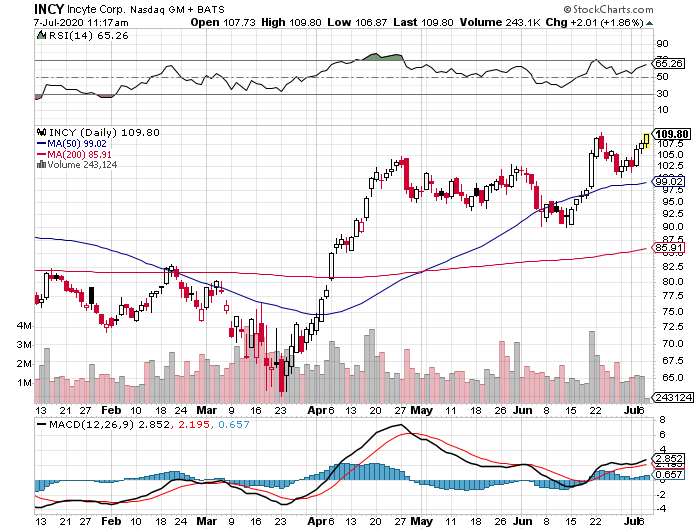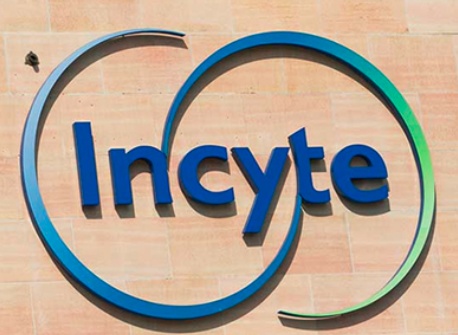Is it truly better late than never?
Merck has been decisively cautious in its approach of potential COVID-19 treatments and even more so when it comes to their vaccine candidates.
Recently though, the company has finally offered a glimpse of its progress.
The first promising update is Merck’s work on MK-4482, which is an antiviral candidate aimed at treating COVID-19 patients. Basically, this candidate works by preventing the SARS-CoV-2 from replicating.
The laboratory results showed that an increasing dose of MK-4482 can effectively halt the progress of the virus in a patient’s system.
Judging from the timeline followed up to this point, Merck plans to begin huge trials by September.
The MK-4482 is expected to compete with Gilead Sciences’ (GILD) Remdesivir, with the Merck candidate possibly edging out the latter.
This is because the SARS-CoV-2 tends to mutate, rendering Remdesivir less potent the next time it is administered to patients. In comparison, MK-4482 has demonstrated an ability to fight off the mutated versions of the virus.
MK-4482 also comes in tablet form, making it a preferable and more convenient option compared to Gilead’s intravenous infusion and even Regeneron’s (REGN) injectable antiviral cocktail REGN-COV2.
On the COVID-19 vaccine front, Merck has been working with Thermis Biosciences in developing a candidate based on a measles virus vector platform originally developed by the Institut Pasteur researchers.
However, this is not Merck’s only shot on goal.
The company is also collaborating with the International AIDS Vaccine Initiative to develop another vaccine candidate, V590.
The two are using the same platform that Merck created for its already approved Ebola vaccine. The goal is to start human testing by the third quarter of 2020.
Merck is also looking into offering a single-dose vaccine instead of the double dose shots its competitors are working on, with one of its candidates developed to be taken orally instead of via injectibles.
If they succeed, then Merck’s vaccines will be more accessible and convenient for a lot of patients.
Aside from developing V590, Merck plans to use the same approved technology to advance its other antivirals in its clinical testing pipeline.
In fact, Merck’s move to acquire Thermis Bioscience demonstrates the company’s resolve to focus on strengthening its vaccine program. The primary expectation for this newly formed partnership is to come out swinging and eventually win big on the COVID-19 vaccine race.
The victory will then serve as a springboard for a new and powerful revenue stream for Merck, which would serve to quiet the fears of the company’s investors fretting over the patent expiration of blockbuster drug Keytruda.
The impending loss of exclusivity for cancer treatment Keytruda has been hanging over Merck’s head for quite some time now.
Aside from the potential biosimilar competition, Keytruda has been facing stiff competition against biotechnology giants like Bristol Myers Squibb (BMY), Roche (RHHBY), and Regeneron.
Needless to say, fears over this have been overshadowing the company’s impressive internal pipeline – a reaction that pretty much mirrors the experience of AbbVie (ABBV) on the pending patent loss of its blockbuster Humira.
However, Merck has been working on products that could rake in an additional $13 billion to $18 billion to its sales every year.
The list includes immuno-oncology antibody candidates, additional vaccines, and even HIV treatments.
The company also has more than $40 billion on its balance sheet, putting it in a favorable position to acquire more companies or products that could bolster its franchise.
Since the pandemic broke out, Merck has lagged behind its COVID-19 rivals AstraZeneca (AZN), Pfizer (PFE), and Moderna (MRNA).
Looking at its progress and future plans though, it looks like the company has set out to achieve a tortoise over the hare victory particularly in the COVID-19 vaccine race.
With incredible uncertainty hovering over the rest of 2020, it is only natural to seek stocks for an all-weather portfolio.
While there are many factors to consider, looking at businesses that allocated sensibly to capital expenditures and R&D is definitely a great way to start.
Merck’s strategic partnerships with companies like Thermis Biosciences, Taiho Pharmaceuticals, and Astex Pharmaceuticals also play significant roles in this aspect.
Although Merck has not provided a particularly strong performance so far this year, this biotechnology and health care giant is poised to stage a strong comeback when the dust settles.

